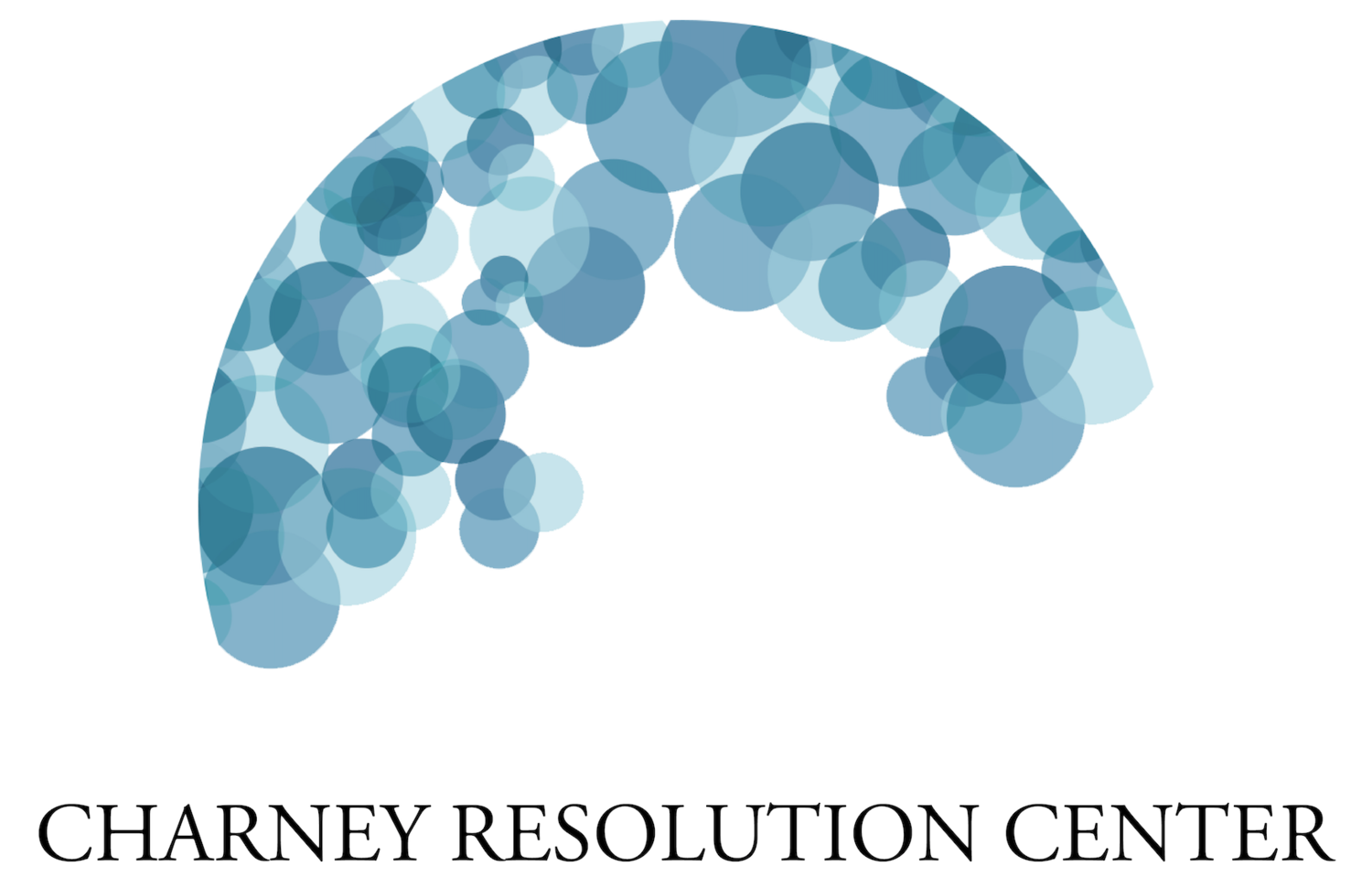Many of my close friends are aware of my reluctance to engage with social media. My Instagram account has remained stagnant for a couple of years, and I typically steer clear of delving into the vast expanse of the web. However, everything changed on October 7th; suddenly, reels, posts, and tweets consumed my days. We collectively plunged into this digital rabbit hole, thirsting for more information. The obsession with what the world thinks, the posts from people in my life, discerning who supports or opposes, and what they are expressing—all of this took a grip on my life, as I'm sure it did on yours as well.
I've always been aware that social media has a certain pull, and as my resistance waned, I found myself questioning how my perception of the Israel–Gaza war had been shaped by a few apps. How did someone like me, who for years felt no compulsion to endlessly scroll, view, like, and comment, suddenly find the need to invest time in these apps? The prevalent message from the posts that reached me was one of hatred—directed towards Jewish people and Israel. A growing sense of hopelessness enveloped me. Surely, the situation couldn't be this straightforward? While acknowledging the flaws of my country, there must be some understanding regarding the horrors that transpired on October 7th. How could people completely overlook it? Why wasn't it a central part of the global political discourse occurring through posts and tweets?
I was even more taken aback to discover that many Palestinians, with whom I've conversed or whose stories and posts I've encountered online, share the same user experience. All they see online—the people they interact with, the reels presented to them—conveys a message of hate and disregard for Palestinians in Gaza. Citing the Times of Israel: "All social media platforms developed algorithms that are designed to identify the type of content we like and serve us more of that content," said Ratson. "What is most unfortunate is that the type of content that seems to never fail in grabbing people’s attention is the controversial, the gory, the gruesome, and the violent."
It's a never-ending cycle. Some of the content we receive aligns with our preferences, but in times like these, content that evokes anger and sadness is likely to capture our attention as well. The algorithm continues to feed us this content, distorting the way we perceive this war. Many of us lack access to news channels outside our respective countries. Imagine how an Israeli citizen, told that children and women were massacred, would react upon opening Facebook only to encounter someone making a joke about the death of a toddler.
Social media, and the content curated for us as users, can significantly skew our perception of a war. I fell victim to this algorithm, and I'm certain some of you did as well in the past month. It's easy to lose oneself in the ceaseless stream of posts and videos; it's incredibly challenging to stop. But we must remember that everything should be taken with a grain of salt. As much as social media may feel real, it offers an extremely skewed view of reality and should never be mistaken for the actuality.
— By Yael Filus

